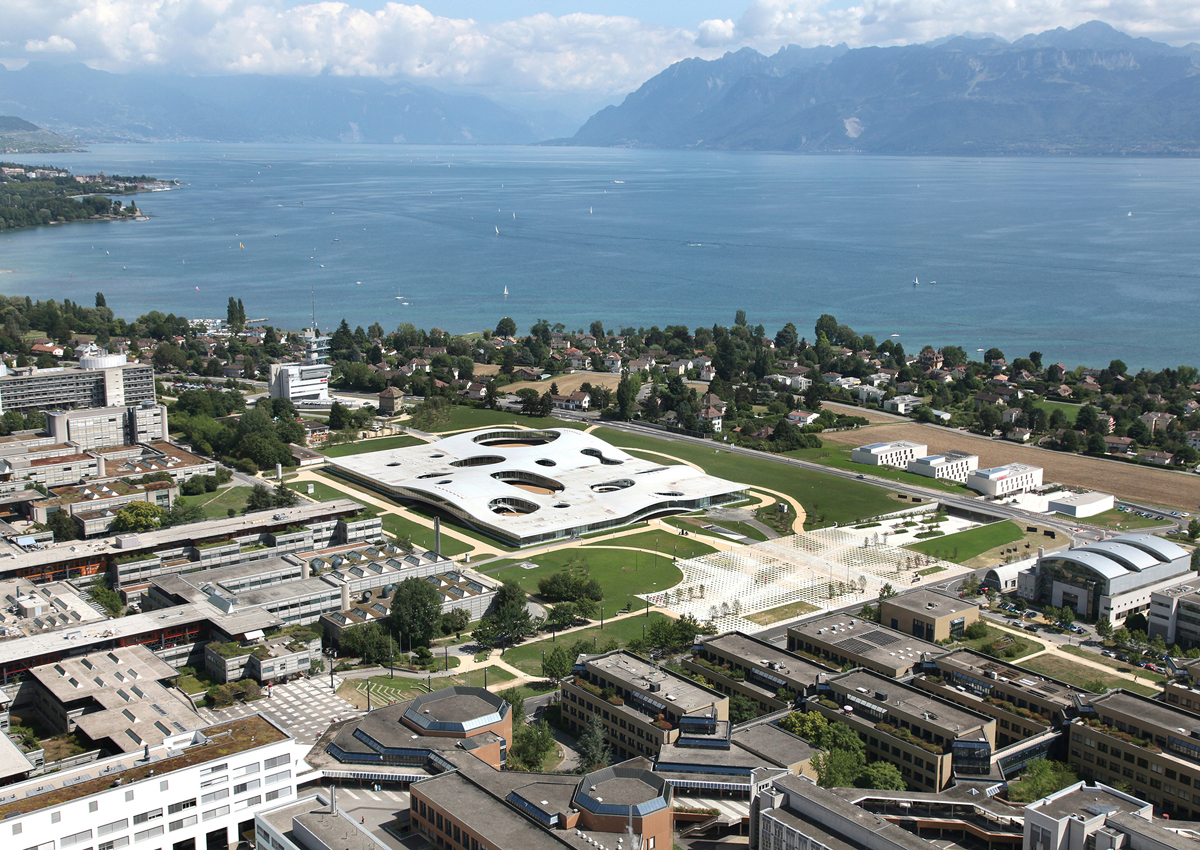A National University of Singapore (NUS) programme to nurture entrepreneurs in different nodes of the world is heading to Switzerland and Germany next.
Since 2001, the university has set up six overseas colleges – in Silicon Valley, Stockholm, Israel, New York, Beijing and Shanghai – where it sends its students to take up courses in partner universities and work in start-ups.
This July, it will add the Swiss Federal Institute of Technology (Ecole Polytechnique Federale de Lausanne-EPFL) to the list.
NUS is also in the process of identifying a German university partner to set up its eighth overseas college.
With two more colleges, about 350 students will head every year to the eight colleges.
Dr Lily Chan, chief executive officer of NUS Enterprise, which oversees programmes to nurture entrepreneurship at NUS, said the overseas college in Switzerland will offer a slightly different programme.
She said unlike the other overseas colleges which receive NUS’ undergraduate students, EPFL will receive students from NUS’ Global Engineering Programme for a start. They will head there in their fourth year to work on their master’s research project.
Another difference – EPFL will send its own students on an exchange programme to NUS. She said EPFL, on the shores of Lake Geneva, offers a high-energy, dynamic learning and research environment.
Among other things, the university is known for the Human Brain Project, an undertaking to simulate the entire human brain using supercomputers, in order to gain new insights into how it operates.
Dr Chan said NUS overseas colleges all have a different focus and different programmes.
Highlighting how the alumni of the NUS overseas colleges have created about 200 companies, she said the hope is that those sent to Switzerland and Germany will return with deep technological capabilities and new ideas to translate them into commercial solutions.
“We need people with high-level tech skills if we want to see ‘deep technology start-ups’ in Singapore – these are business start-ups that are founded on a true technological innovation or scientific discovery.”
Professor Christopher Tucci, dean of the College of Management of Technology at EPFL, said it is known for providing the right environment for high-tech start- ups, besides a top-notch education and opportunities for innovative research.
Its Innovation Park hosts about 170 companies and admits 15 to 20 new companies each year.
NUS engineering dean Chua Kee Chaing said NUS, which takes in 1,500 engineering students a year, offers the accelerated Global Engineering Programme to the best and brightest. They can pursue a master’s degree overseas at top universities after completing their degree studies in three years.
“EPFL, a top-notch Swiss science and engineering institution, will be a welcome addition,” he said.
Mr Jeremy Lim, 20, who is applying to NUS to study engineering, said what drew him was the overseas-colleges programme.
“I love the idea of inventing things and starting my own business,” he said.
sandra@sph.com.sg

This article was first published on March 11, 2016.
Get a copy of The Straits Times or go to straitstimes.com for more stories.






